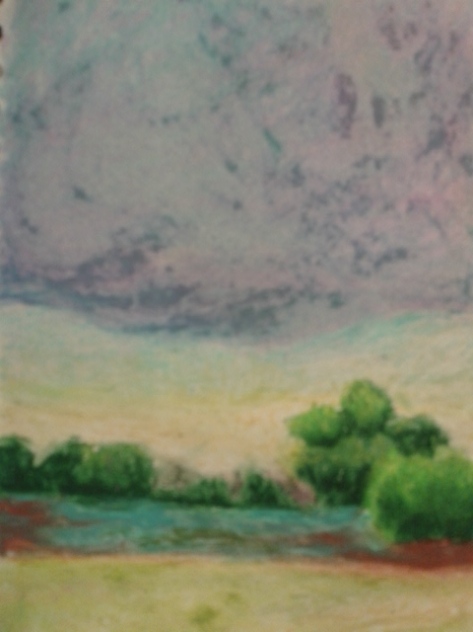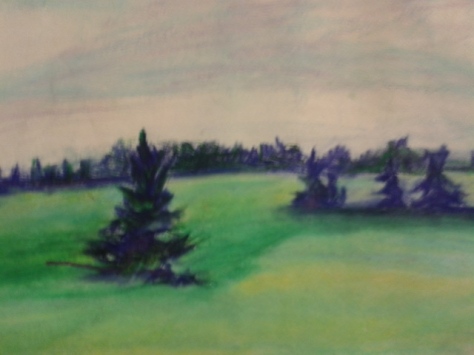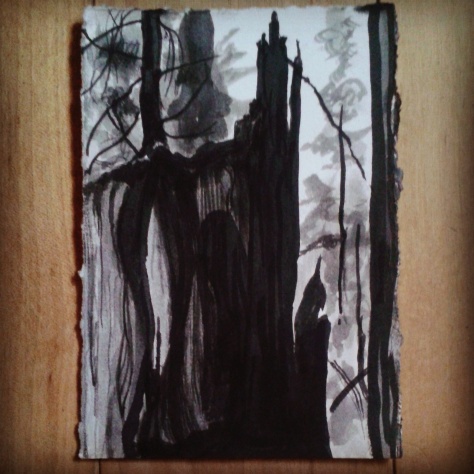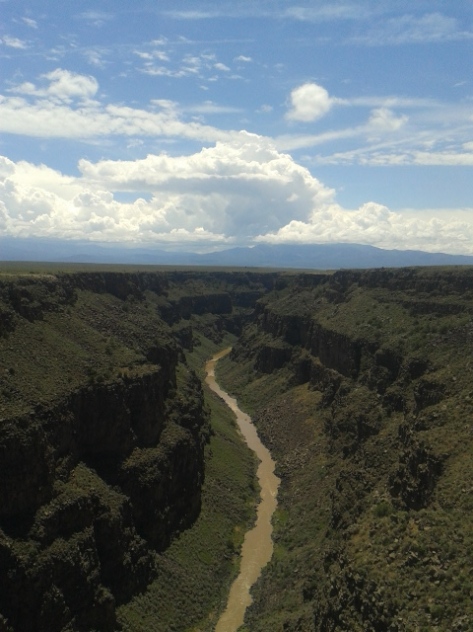I was never the class clown. I am not a troubled but devilishly handsome wastrel living on a trust fund. I’ve never beaten up anyone, have steadfastly not aspired to write like Raymond Carver, and have never played strip Scrabble with a junkie violinist on a leaky waterbed in a Key West penthouse. There are so many things I am not and will never be, and I’m glad I know about them. It helps me stay focused on exactly who I am. What about you? Who aren’t you? Fantasize about all the paths you will never take. Put it in writing.
The above statement is from Rob Breszny’s Free Will Astrology page for Taurus this week. I don’t put too much faith in things like astrology, but Mr. Breszny’s site is amazingly inspiring. No matter what your “sign” may be, he has good advice for every person. ESPECIALLY if you are skeptical about these things like me, take a look at his site, read through the advice for different signs, and just try to be impossibly uninspired.
So, I wanted to share this prompt with all of you: write about what you aren’t, what you will never be, and be joyful that you are trekking a path nobody else can take.
For me, briefly, I am not a loud person, I don’t like to talk very much. I cannot make daily blog posts because I do not live with internet or TV at home and I hate being on the computer. I will never be an astronaut and a famous actress, like I fantasized when I was a kid. I have never lived outside of New Mexico, I have never partied in Juarez. I want to turn into a bird some days, and other days I want to turn into a cat, and still other days, I want to be a tree blowing in the wind. These things will never happen, so I’m obsessed with birds and cats and trees. I will never be a monsoon thunderstorm in the desert, dumping rain on dry land, calling out the frogs and weeds and flowers, bringing briefly some lushness to the seemingly drab desert. I will never cruise Mulholland Drive in a fancy car with my movie star husband and poodles, talking about last night’s cocktail shindig and what’s-her-names ugly dress and wondering whether I should wear my Ray-Bans or Maui Jims to this afternoons BBQ at some famous fuck’s house. I can’t even understand that kind of life. I will never be the waxing moon setting orange on the horizon, sinking fast, just like what I observed last night.
Thinking of all the things I’m not makes me so grateful for all the things I am. Happy Tuesday!















